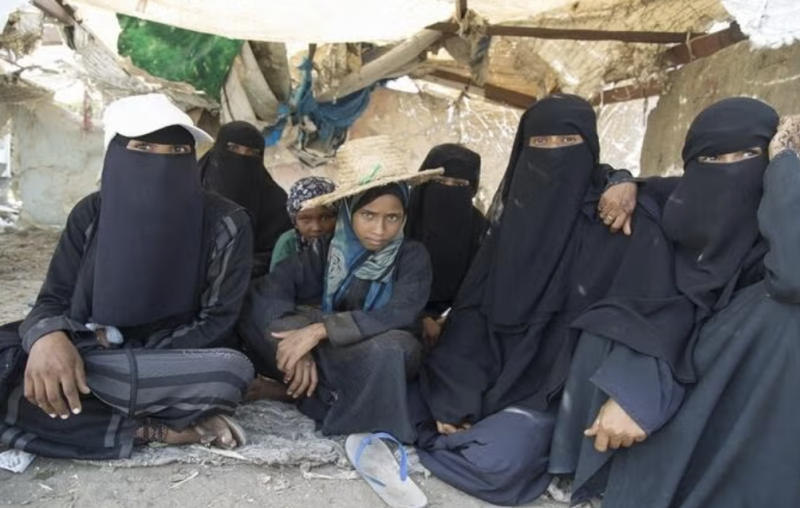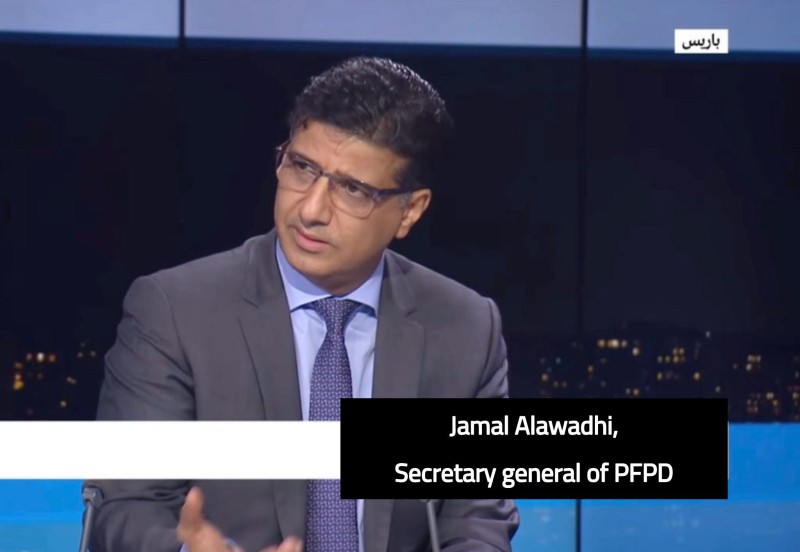Yemen : US seeks stronger UN powers to intercept Red Sea shipments to Houthis


The US is seeking global support to give the UN clearer powers to interdict ships in the Red Sea heading for Houthi-controlled Yemen ports, as part of a concerted attempt to weaken the Iranian-backed group, according to the US special envoy.
It is also considering redesignating the Houthis as a terrorist group, a move that would make it more difficult for humanitarian organisations to operate inside the Houthi-controlled parts of Yemen.
Tim Lenderking, the US special envoy for Yemen, last week visited Djibouti where the UN Verification and Inspection Mission for Yemen (UNVIM) is based on the opposite side of the Red Sea. UNVIM’s chief focus is on inspecting ships for armaments entering Houthi-controlled Red Sea ports.
It was set up in 2016 but has limited powers to interdict ships as a way of enforcing the arms embargo imposed by the UN security council.
Lenderking said he was exploring how to make the mission’s mandate more effective in preventing the Houthis accessing arms.
Lenderking also expressed concern at what he described as disturbing reports that the Russians may be willing to help provide arms to the Houthis so that their largely missile and UAV attacks on commercial shipping in the Red Sea can become more effective.
The Houthis have said they are mounting the attacks to support Palestinians in Gaza, and if there is a ceasefire in Palestine the attacks will come to an end.
The Houthis also stand out as one part of Iran’s axis of resistance that has not been systematically weakened in the same way as Hezbollah, Hamas and the forces of the former Syrian president Bashar al-Assad.
Lenderking said:
“Unvim is not equipped or given the mandate to do interdictions. We are working with partners to look at a change to the mandate. We all have to plug the holes, and that requires a different mindset and different sort of focus than simply escorting ships”.
He said that “given the amount of stuff the Houthis have been able to receive from Iran or from the open market it is enough to keep the volume of attacks on shipping continuing at a high pace”.
The UK and the US have been mounting sporadic attacks on Houthi mobile and static positions inside Yemen under the title Operation Poseidon Archer, and separately two other missions in a more defensive posture helps escort commercial shipping still using the Red Sea route. It is estimated that the Houthis have mounted 320 attacks since November 2003, and the number of commercial ships have halved in the past year. By contrast, 136 container ships a week have travelled around the Cape of Good Hope this year, compared with 40 before the Houthi attacks started, according to data from Lloyd’s List Intelligence, a shipping analytics company.
Lenderking said the attacks on Houthi positions inside Yemen had forced Houthi leaders “to lower their profiles physically. They are much more careful how they are moving around. They have altered their communications in light of the walkie talkie attacks on Hezbollah.”
He added he was deeply disturbed by reports that the Houthis and Russia may be negotiating an arms deal.
He said: “If reports are true, the kind of cooperation that we’re hearing about between the Houthis and the Russians, would be a game-changer. It would significantly augment the ability of the Houthis to hit ships and target other vessels in the Red Sea to greater effect. Not to make light of it, but the Houthis miss most of the time, when their missiles and drones splash down, but they can fire a great volume of them. A lot of it is shot down. But there is the possibility that they could increase the capability, which would be very threatening.”

By/April Longley Alley* Among the broader regional repercussions of the Gaza ceasefire in October, one of the most signifi…

Al-Hodeidah – Local sources in Yemen’s Al-Hodeidah province have disclosed that Houthi militias are resorting to new methods of exploit…

By Jamal Al-Awadhi For years, Yemen has been treated by the international community as a marginal conflict an unfortunate…